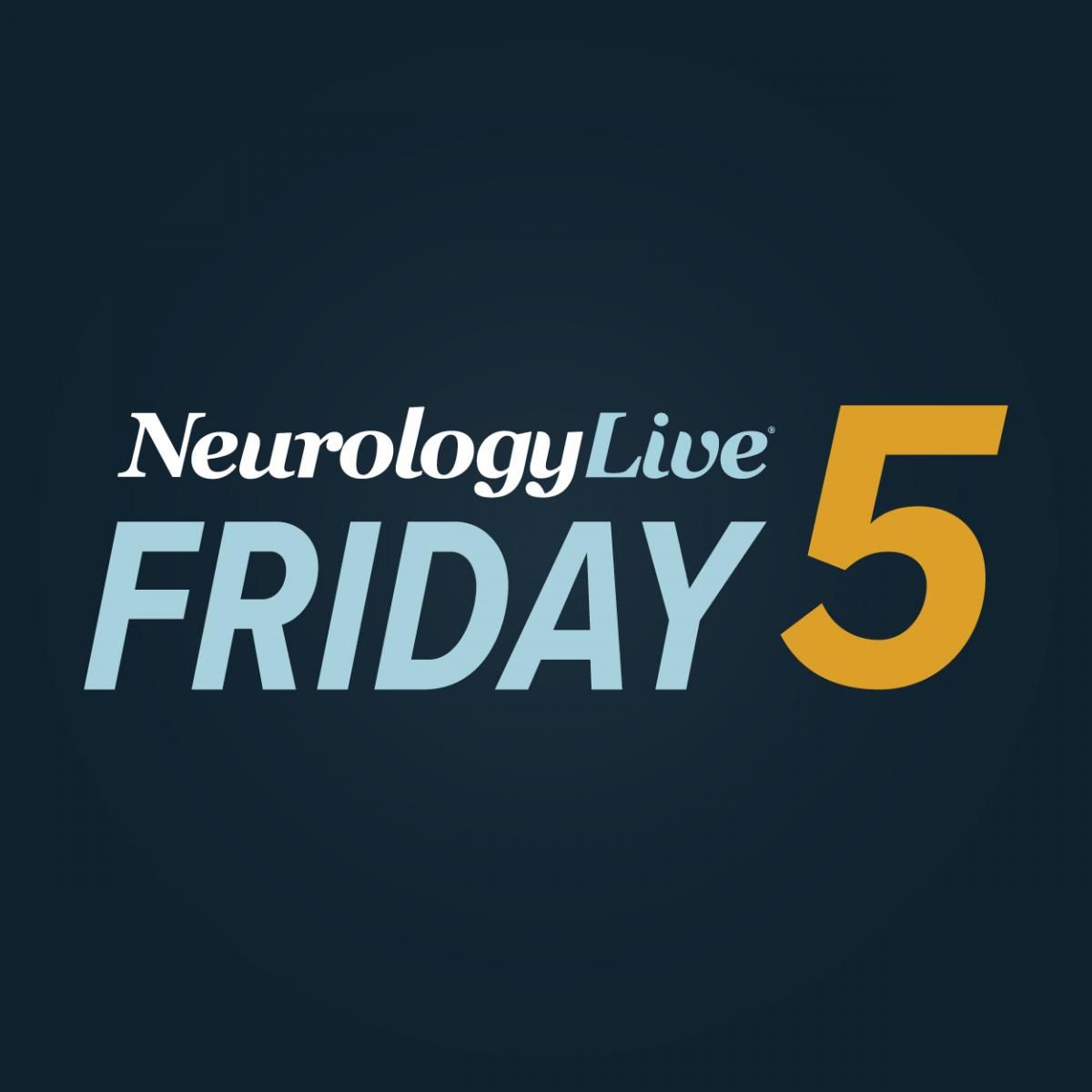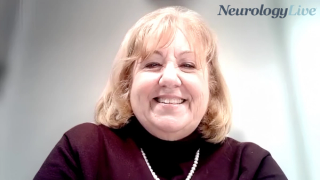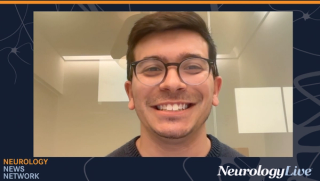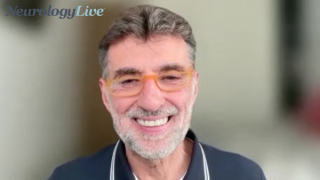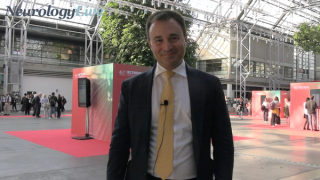
MS and Demyelinating Disorders
Latest News
Latest Videos

CME Content
More News

The director of the Corinne Goldsmith Dickinson Center for MS at Mount Sinai talked about how modern advances research have helped transition the understanding of multiple sclerosis from fixed phenotypes to a dynamic spectrum.
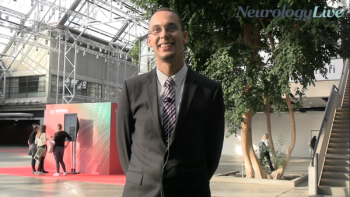
The postdoctoral research assistant at Charité University Berlin discussed advances in diagnostic criteria and 7-Tesla MRI imaging, highlighting a previously overlooked overlap between anti-N-methyl-D-aspartate receptor encephalitis and multiple sclerosis. [WATCH TIME: 5 minutes]

Here's some of what is coming soon to NeurologyLive® this week.

Ultimately, the biomarkers' temporal patterns may help differentiate attacks from remission, with sGFAP being particularly useful in distinguishing genuine attacks from pseudoattacks.

Catch up on any of the neurology news headlines you may have missed over the course of December 2024, compiled all into one place by the NeurologyLive® team.
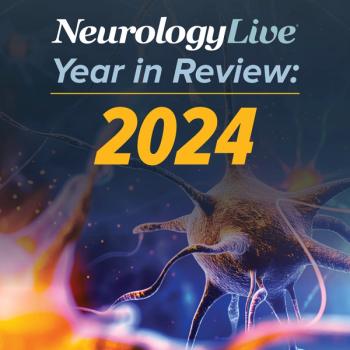
As part of NeurologyLive®'s Year in Review, we've compiled the most-watched expert-led video series that appeared on the website in 2024.

Take 5 minutes to catch up on NeurologyLive®'s highlights from the week ending January 3, 2024.
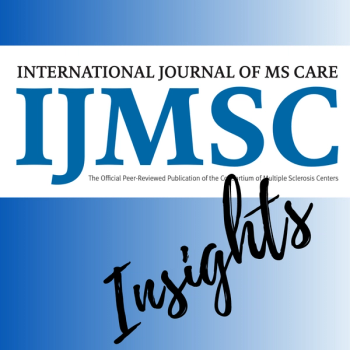
A feature on NeurologyLive®, IJMSC Insights offers a look at the data around employment among people with MS.

Imlifidase-IVIg treatment led to faster disability improvement (3 weeks) and earlier independent walking (6 weeks) compared to IVIg alone.

As part of NeurologyLive®'s Year in Review, we've compiled the most-listened episodes of our biweekly podcast, Mind Moments®.

As part of NeurologyLive®'s Year in Review, we've compiled the most-watched interview clips that appeared on the website in 2024.

As part of NeurologyLive®'s Year in Review, take a look at our most-read news in multiple sclerosis in 2024.

Mind Moments®, a podcast from NeurologyLive®, brings you a review of 2024, with insights from Daniel Ontaneda, MD, PhD; Ian Kremer; Andy Berkowski, MD, PhD; Sameea Husain-Wilson, DO; Jonathan Parker, MD, PhD; and Lawrence Robinson, MD. [LISTEN TIME: 25 minutes]

As part of NeurologyLive®'s Year in Review, we've compiled the top coverage stories from 2024 across a variety of different neurological conferences the team either attended or covered virtually.

As part of NeurologyLive®'s Year in Review, we've compiled the most-read feature-length stories that appeared on the website in 2024.

Advancing the Diagnostic Criteria for Multiple Sclerosis: A New Era of Early Detection and Precision
With new revisions of the MS diagnostic criteria being made, clinicians highlighted key updates and the broader implications it has for diagnosis, treatment, and healthcare practices worldwide.

The complement system is critical in immune defense and tissue homeostasis, but its dysregulation can contribute to autoimmune neurological disorders and neurodegenerative diseases like Alzheimer, ALS, and multiple sclerosis.

IJMSC Insights offers a closer look at the latest research and the people behind it from the community of the International Journal of Multiple Sclerosis Care (IJMSC) and the Consortium of Multiple Sclerosis Centers (CMSC).

Here's some of what is coming soon to NeurologyLive® this week.

Take 5 minutes to catch up on NeurologyLive®'s highlights from the week ending December 20, 2024.

In the study, nearly 20% of patients with stable MS who discontinued their DMT had significant inflammatory disease activity compared with no participants who continued on with their treatment.

IJMSC Insights offers a closer look at the latest research and the people behind it from the community of the International Journal of Multiple Sclerosis Care (IJMSC) and the Consortium of Multiple Sclerosis Centers (CMSC).

Those on intermittent calorie restriction showed a notable improvement in the mental subscale of the MSIS Score and a significant reduction in cognitive and psychosocial fatigue.

Findings from the ongoing PERSEUS phase 3 study of tolebrutinib in primary progressive multiple sclerosis are anticipated to be reported in the second half of 2025.

Here's some of what is coming soon to NeurologyLive® this week.


